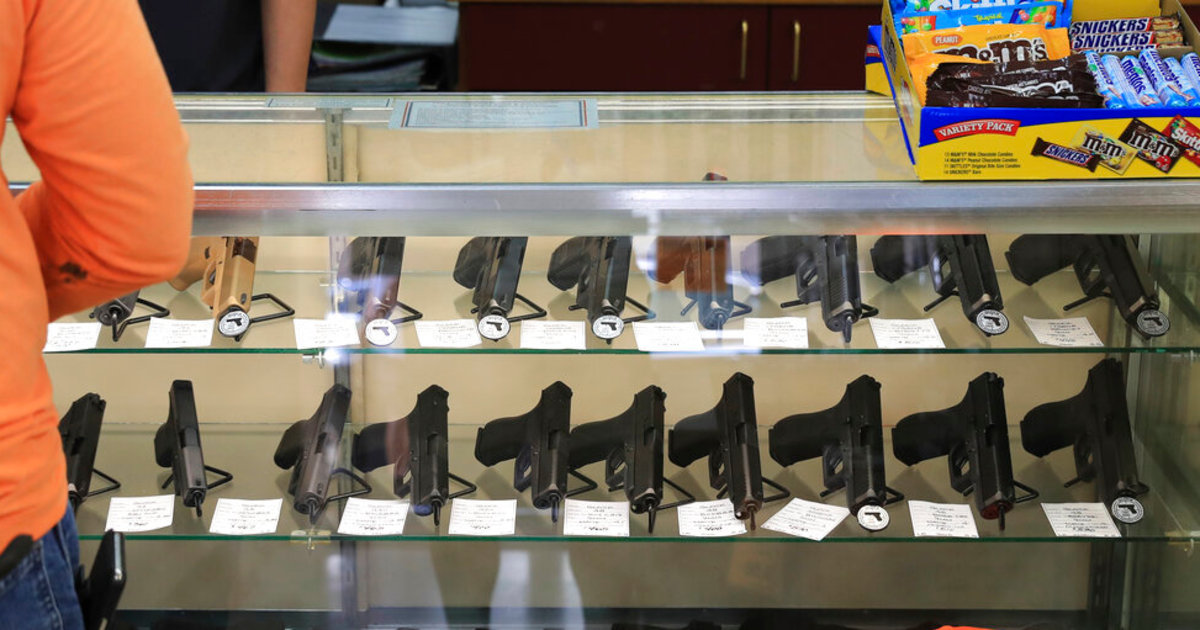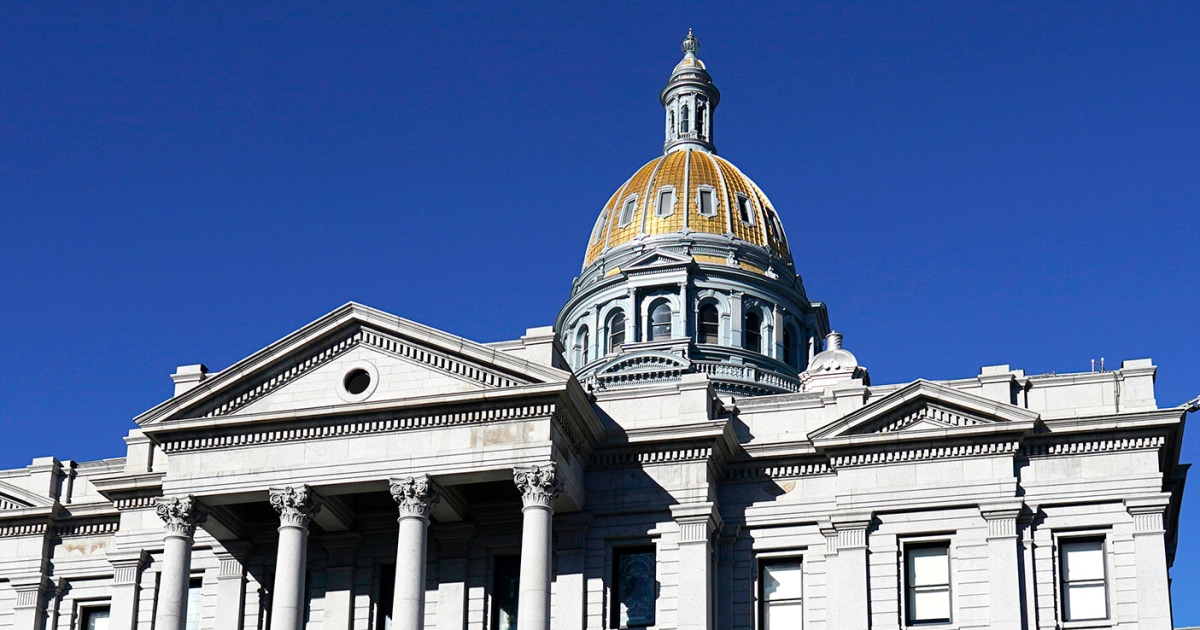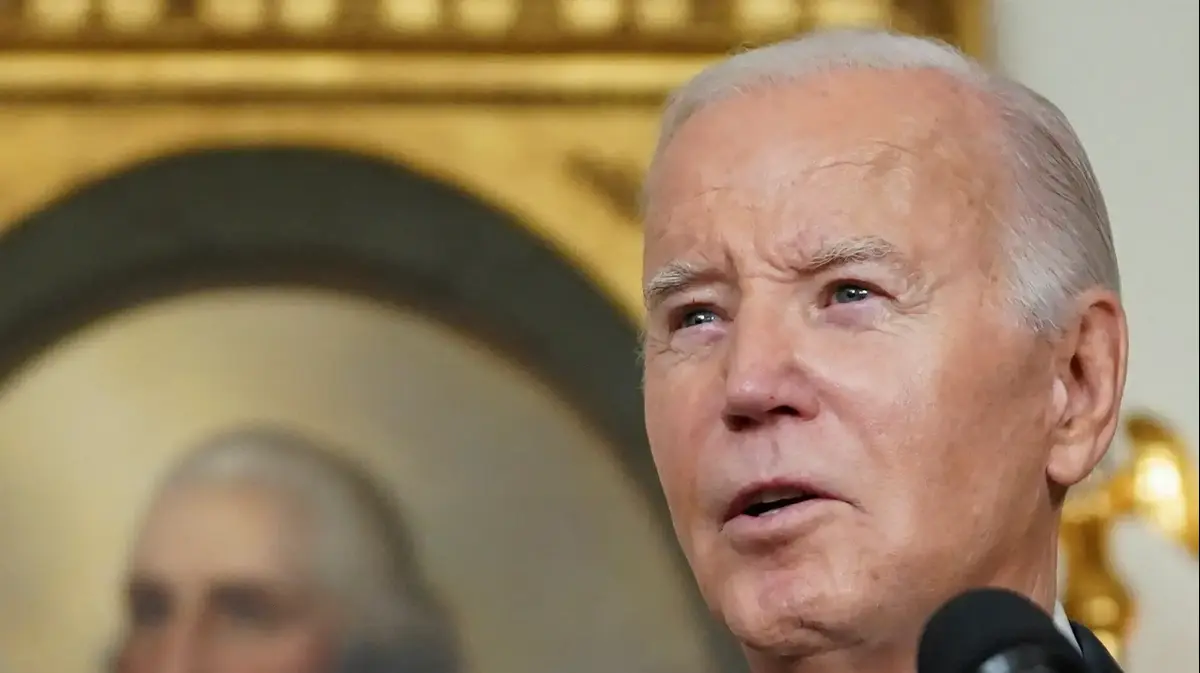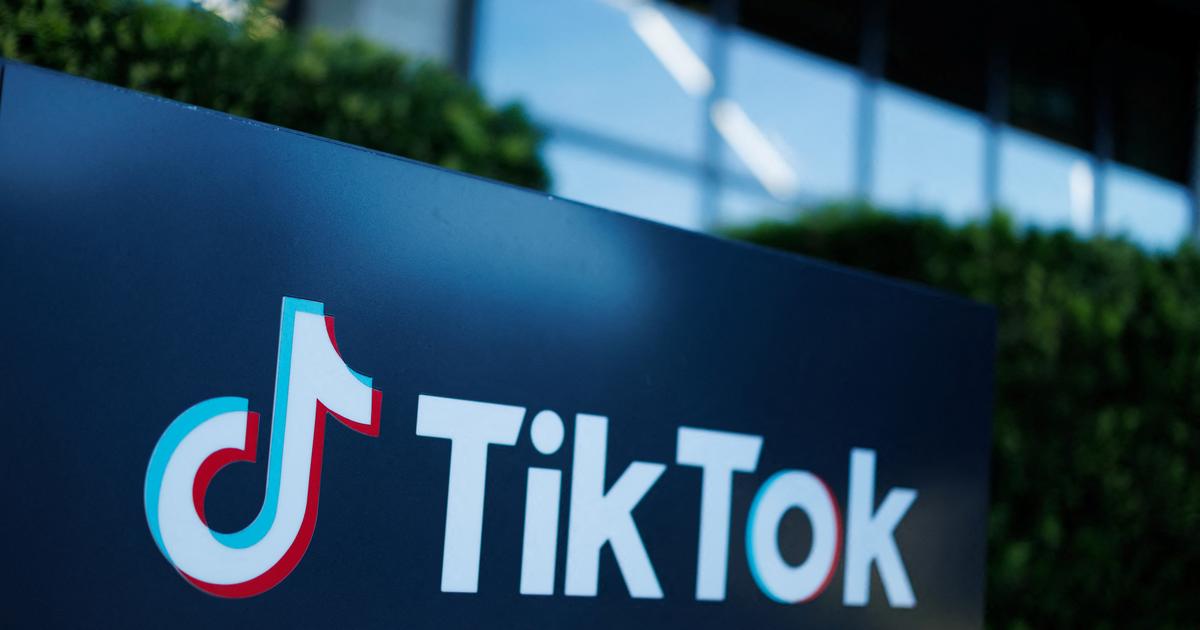The House of Representatives is scheduled to vote this Friday on the bill to increase firearms control approved Thursday night in the Senate, a historic text that achieved bipartisan support.
The legislative proposal opens the way for Congress to pass the first major reform on gun ownership in the last 30 years, in a context of special social tension after the mass shootings in Uvalde (Texas) and Buffalo (New York).
The approval of the Senate obtained the support of the entire Democratic caucus, 50 votes, plus that of 15 Republican senators, including the leader of the minority in the House of the Senate, Mitch McConnell, R-Kentucky.
Another 33 Republican senators voted against.
But furthermore, it came on the same day that the Supreme Court ruled that the Constitution establishes the right to carry a gun outside the home, a clear endorsement of the Second Amendment.
The president of the House of Representatives, Democrat Nancy Pelosi, confirmed that congressmen will vote as soon as this Friday on the bill, which is expected to be approved thanks to the Democratic majority.
The legislative proposal includes an improvement in the background check process for young people between the ages of 18 and 21, tougher penalties for arms trafficking and a ban on the sale of weapons to those convicted of domestic violence who maintain a serious romantic relationship with his victim.
Below are the main points of the bill that, if approved by the House of Representatives, will be sent to the White House to be endorsed by the president, Joe Biden.
Expanded Background Check
State and local juvenile and mental health registries will be part of the federal background check processes for those ages 18 to 20 who want to buy a gun.
The maximum period of three days to collect the data will be extended to 10 days to collect additional information in the case of minors.
If those 10 days elapse without a resolution, the sale will be authorized.
"Legal loophole of the boyfriends"
The sale of weapons to people convicted of domestic violence will be prohibited if they maintain a "serious and continuing relationship of a romantic or intimate nature" with their victim.
The right of abusers to buy firearms will be restored after five years if they do not commit more violent crimes.
Currently married domestic abusers, who live with or have had a child with the victim, do not have access to the purchase of firearms.
"red flag" laws
This is federal aid to the 19 states, plus the District of Columbia, that have laws supporting authorities to obtain court orders to temporarily remove guns from people deemed dangerous.
Those states would need robust processes to challenge the withdrawal of firearms.
Other states could use the money for crisis intervention programs.
Mental health
Expands the number of community mental health clinics.
In addition, it helps states strengthen their mental health programs in schools and offer more remote consultation visits.
Education
Increases spending on school mental health, crisis intervention, violence prevention programs, training of mental health workers, and school safety.
Federally licensed gun dealers
Current law requires people "in the business" of selling guns to be licensed, which means they must submit to a background check.
The bill defines that as the sale of firearms "for predominantly profit," in an effort to go after people who flout this requirement.
arms dealers
Creates federal crimes for gun dealers and buyers who purchase guns for people who would not pass background checks.
It also establishes penalties of up to 25 years in prison for those who break the law.
Currently, these people are prosecuted mainly for breaking the procedures.
Cost
The non-partisan Congressional Budget Office (CBO) estimates the scope of this law at $13 billion, which will be spent primarily on mental health and schools.
With information from
The Associated Press









